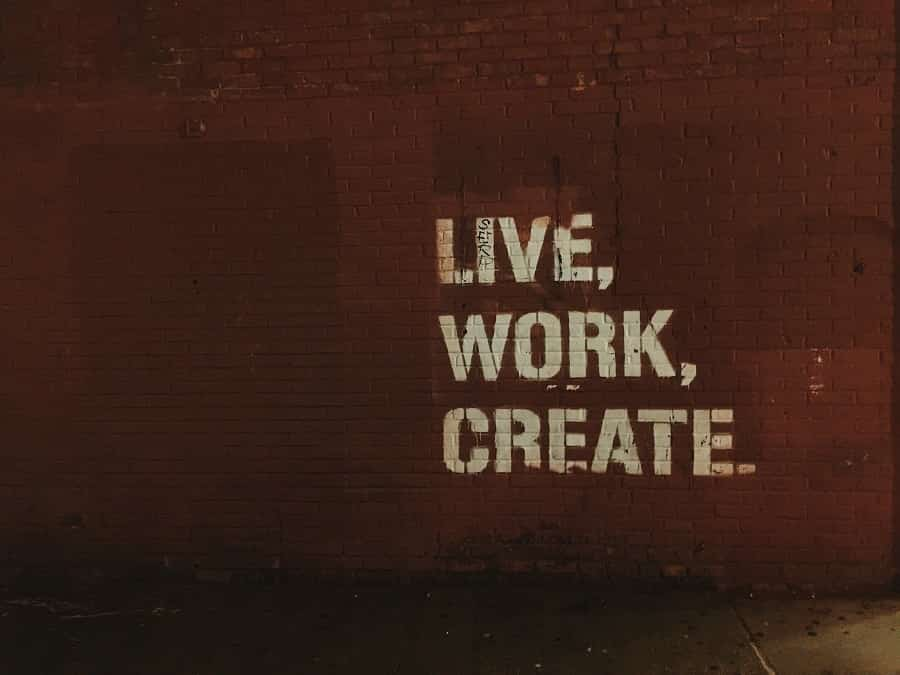The percentage of people working low paid jobs has hit a record low.
At the same time, median weekly pay has increased.
Official stats published by the Office for National Statistics’ (ONS) Annual Survey of Hours and Earnings, revealed that 14.2 percent of jobs were considered to be low-paid when hourly rates were taken into consideration. This figure only increased moderately to 25.5 percent when using gross weekly wages as the principal metric.
The data was compiled in 2021 and represents the lowest proportion recorded since the ONS began collecting information on low-paid jobs back in 1997.
A spokesperson for The Workers Union said: ‘We welcome the news that low paying jobs are on the retreat. It is a vindication of the political choices that we made during lockdown and a shining example of the resourcefulness and creativity of the British people. However, we must also sound a note of warning: low pay is considered to be pay that does not meet the threshold of two-thirds of the median (average) hourly pay. With many businesses relying on the broad shoulders of furlough during the worst of the pandemic, this data may not give us the truest picture of what is happening in the employment landscape.’
The ONS figures also revealed that industries hammered by COVID are showing encouraging signs of pay growth. The construction industry, for example, saw wages rebound from a swingeing dip of 10.4 percent in 2019-20, to 16.8 percent growth in 2021.
The Workers Union Says…
A fair day’s work for a fair day’s wage is one of the building blocks of a just, fair and tolerant society. And while it would be true to say that we have made great strides in improving general pay and conditions in recent decades, it is equally evident that the present era has seen a proliferation of low-paid, low-quality work that casts a shadow over this country’s moral commitment.
So while the ONS figures appear to represent a step forward, we should be wary of drawing too many conclusions until the aftershocks of the pandemic have been fully absorbed into their statisticians’ reckoning. It’s going to take time for the full picture to emerge and when it does, there will still be a rump of insecure, low-paid, low-quality jobs somewhere in the mix.
The truth is, that pay has long been the elephant in the room. Taken in the round, the value of wages in real-terms has not increased for 12 years. That has to change if we have serious ambitions to be a high-wage, high-value economy.
The Workers Union – fighting for social justice, fighting for you




